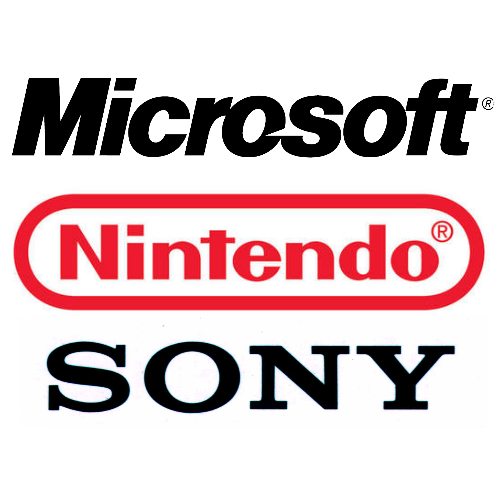DEVLOPER
A video game developer is a software developer that specializes in video game development – the process and related disciplines of creating video games.[1][2] A game developer can range from one person who undertakes all tasks to a large business with employee responsibilities split between individual disciplines, such as programming, design, art, testing, etc. Most game developer companies have video game publisher financial and usually marketing support.[3] Self-funded developers are known as independent or indie developers and usually make indie games.[4]
A developer may specialize in a certain video game console (such as Nintendo's Wii U, Microsoft's Xbox One, Sony's PlayStation4), or may develop for a number of systems (including personal computers).[citation needed] Video-game developers specialize in certain types of games (such as role-playing video games or first-person shooters). Some focus on porting games from one system to another, or translating games from one language to another. Less commonly, some do other kinds of software-development work in addition to games.
Most video game publishers maintain development studios (such as Electronic Arts's EA Canada, Square Enix's studios, Activision's Radical Entertainment, Nintendo EAD and Sony's Polyphony Digital and Naughty Dog). However, since publishing is still their primary activity they are generally described as "publishers" rather than "developers". Developers may be private as well (such as Bungie, the company which developed the Halo series exclusive to Microsoft's Xbox).

Game Publishers
A video game publisher is a company that publishes video games that they have either developed internally or have had developed by a video game developer. As with book publishers or publishers of DVD movies, video game publishers are responsible for their product's manufacturing and marketing, including market research and all aspects of advertising.
They often finance the development, sometimes by paying a video game developer (the publisher calls this external development) and sometimes by paying an internal staff of developers called a studio. The large video game publishers also distribute the games they publish, while some smaller publishers instead hire distribution companies (or larger video game publishers) to distribute the games they publish. Other functions usually performed by the publisher include deciding on and paying for any license that the game may utilize; paying for localization; layout, printing, and possibly the writing of the user manual; and the creation of graphic design elements such as the box design.
Large publishers may also attempt to boost efficiency across all internal and external development teams by providing services such as sound design and code packages for commonly needed functionality.
Because the publisher often finances development, it usually tries to manage development risk with a staff of producers or project managers to monitor the progress of the developer, critique ongoing development, and assist as necessary. Most video games created by an external video game developer are paid for with periodic advances on royalties. These advances are paid when the developer reaches certain stages of development, called milestones.



Console manufacturers and First Party Publishers
A console manifactuer also known as a first party publisher, is a company that manifactuars and distributes video game consoles in addition to permitting third party publishers to produce games for its platform. The three major console manufacturers are Microsoft, Nintendo and Sony.


Distribution and Retail.
In the video game industry, digital distribution is the process of delivering video game content as digital information, without the exchange or purchase of new physical media. This process has existed since the early 1980s, but it was only with network advancements in bandwidth capabilities in the early 2000s that digital distribution became more prominent as a method of selling games. Currently, the process is dominated by online distribution over broadband internet.

Outsourcing Companies
Outsourcing has become a major trend in human resources over the past decade. It's the practice of sending certain job functions outside a company instead of handling them in house. More and more companies, large and small, are turning to outsourcing as a way to grow while restraining payroll and overhead costs.
Press and Media.
Press and media is all about the media having their say on the games and saying what they like about the game and what they dont like about the game. The game itself people what to know how it works.


No comments:
Post a Comment